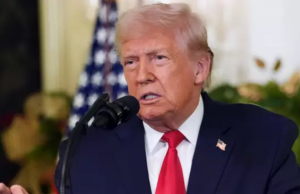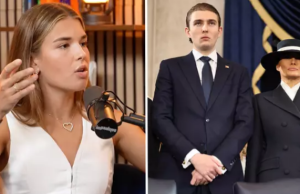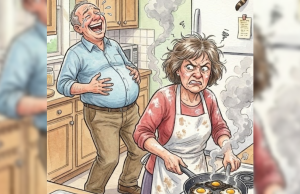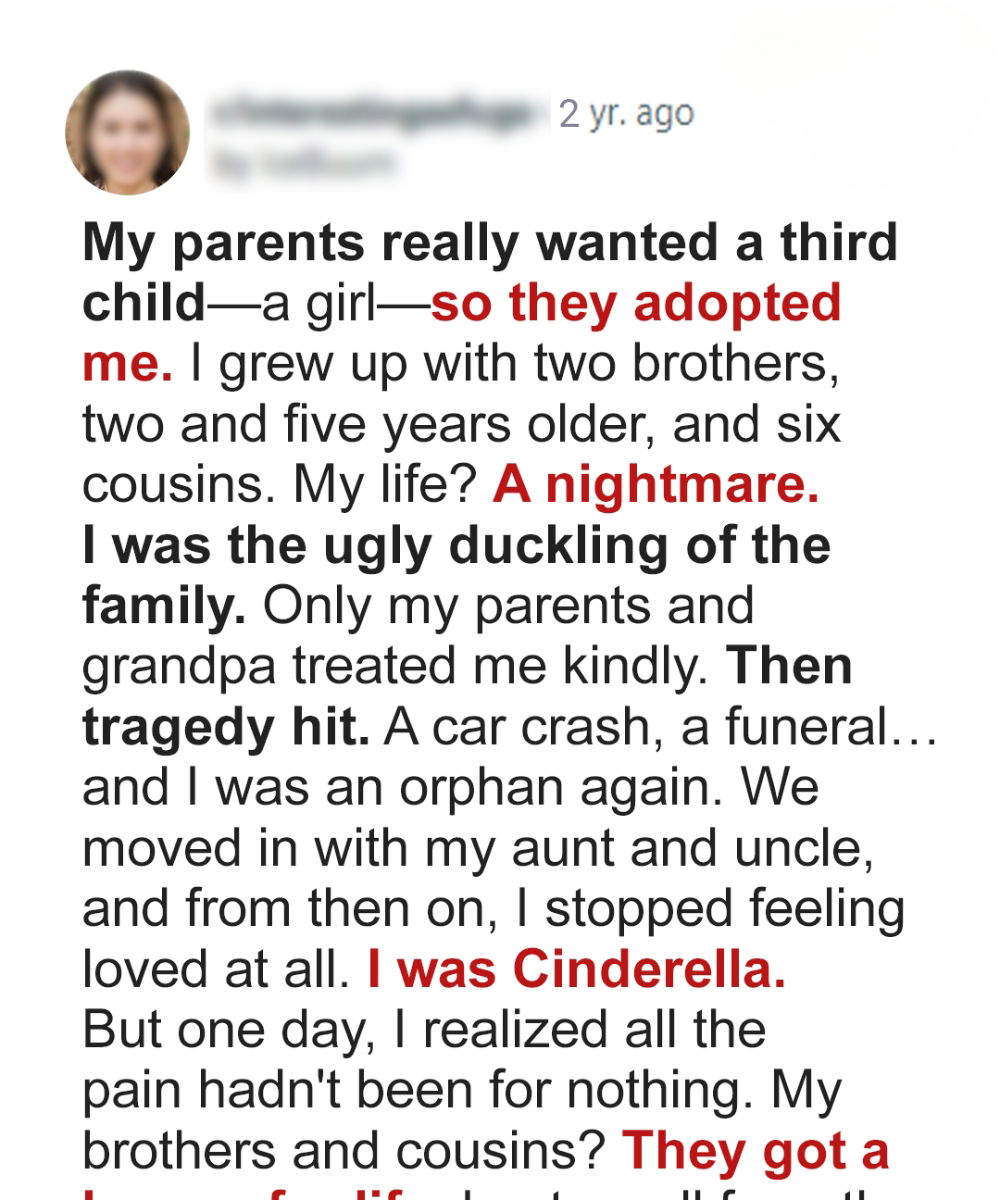
I was just three when my adoptive parents brought me home.
After years of trying for a third child—a daughter to “complete” the family—they adopted me.
From the outside, it looked picture-perfect: two older brothers, a little girl, and a cozy home filled with love.
But behind closed doors, it was far from perfect.
Liam and Josh, two and five years older than me, treated me like a flaw in their perfect family portrait.
When our parents weren’t around, they’d whisper things no child should hear.
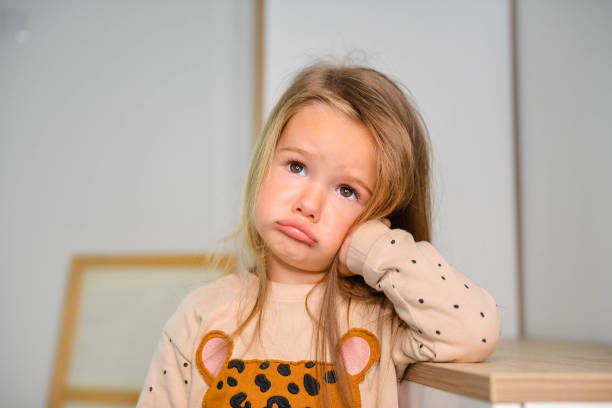
“You’re not one of us, Ivy.”
“You’re just the extra.”
“You’re why Mom and Dad are always tired.”
And it didn’t end there. Our cousins—Emma, Chloe, Ryan, Ava, Noah, and Blake—joined in.
They mocked how I looked, the way I dressed, and pointed out how my baby photos were missing from the mantel.
The adults didn’t intervene.
Aunt Deborah treated me like background noise. Uncle Frank never met my eyes. Even the neighbors whispered—”the charity case,” they’d say.
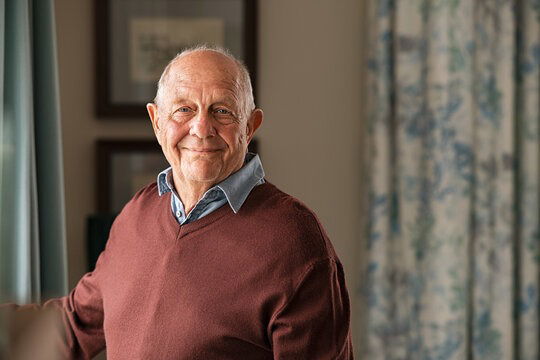
The only one who made me feel like I wasn’t a mistake was Grandpa Walter.
He’d sit me on his lap and tell me stories—about fishing as a kid, about Grandma and school dances.
He taught me how to garden, patch torn jeans, and cast a fishing line. When the others taunted me at family events, he was always there to shut it down.
“You don’t touch my girl,” he’d growl before slipping me a donut or cupcake in the kitchen, like a secret pact.
Then, just after I turned 18, everything changed.
My parents di.ed in a car crash while returning from a weekend trip. It was raining. A truck ran a red light.

Gone. Instantly.
At the funeral, black umbrellas bloomed like wilted flowers. I stood between Liam and Josh. Neither held my hand. I didn’t cry.
That made me “cold.” No one saw the way my fists clenched, my nails drawing blood in my palm.
Aunt Deborah and Uncle Frank became our guardians. Within days, I was living in their house—and invisible again.
They made no effort to hide their disdain. I cooked, cleaned, scrubbed, and folded.
I was Cinderella without a glass slipper. My cousins visited often, bringing fresh rounds of insults.
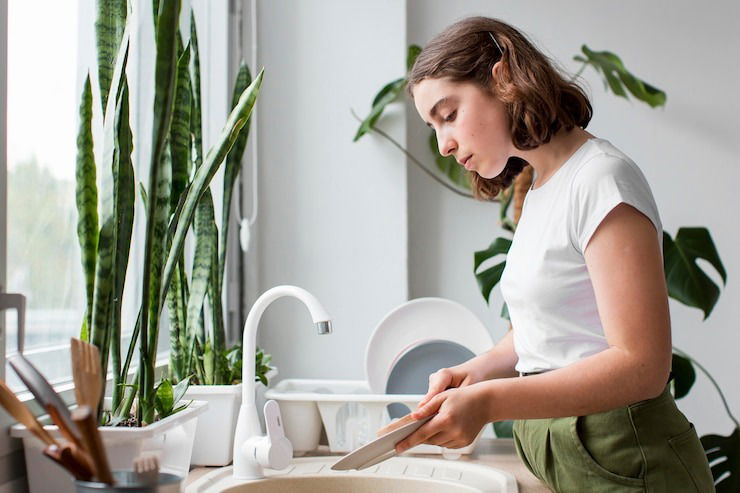
“Still pretending this is your home, Ivy?”
“Maybe your real parents dumped you for a reason.”
I became quiet. Smiled in public. Cried in the garage. Day by day, I disappeared.
Only Grandpa Walter still checked in. But his voice slowed. His knees hurt. He couldn’t shield me forever, and I never asked him to.
Then one afternoon, as I folded towels, my phone rang.
The screen flashed: “Unknown Number.”
“Hi, is this Ivy?” a man asked.

“Yes?” I answered, guarded.
“I’m Mr. Reyes. I represent Margot, your biological aunt. She passed recently—and left something in her will for you.”
I paused. “What?”
“She’s been searching for you for years. You were hard to find. But she left you everything—her home, savings… over three million dollars.”
The towel fell from my hands.
Within days, I flew out to meet him. He handed me paperwork—and a lavender envelope.

Margot’s letter read:
Ivy, sweetheart,
You were never unwanted. Your parents were just scared. My brother—the father you never met—panicked.
Our parents insisted on adoption. I didn’t have a say, but I never forgot you.
I promised I’d find you one day. And I did.
You were never disposable. You deserve more than survival. You deserve joy.
With love,
Aunt Margot.
I read it again and again. She remembered me. She searched for me. She believed in me.
The next day, I packed everything. I left a note for Deborah:
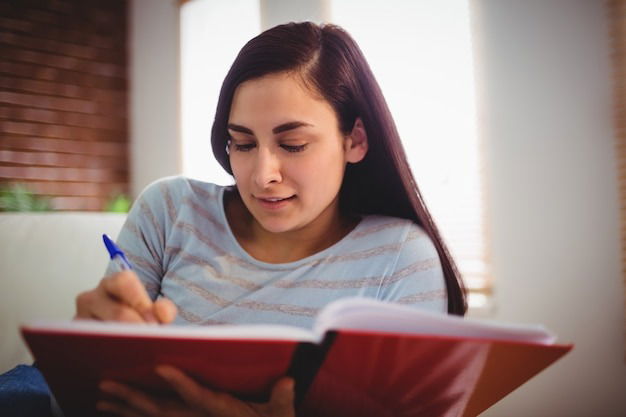
“I found where I belong. Don’t wait up.”
Only one person I invited along—Grandpa Walter.
“Took you long enough, Ivy-girl,” he grinned, peeling off his garden gloves.
We moved into Margot’s seaside cottage. Ivy climbed the porch rails like it had waited for me all along.
One evening, as we prepped lamb and potatoes in the kitchen, he asked, “Ever thought about college?”
“I never thought I’d get the chance,” I admitted. “I was always too busy surviving.”
“You’ve got three million dollars,” he said gently. “That’s a gift, Ivy. But not a future.”

I hesitated, then smiled.
“I want culinary school. Cooking has always felt like home.”
His grin stretched wide. “Then let’s find the best damn school on this coast.”
Six weeks later, we opened Second Chance—a coffee shop three blocks from the sea.
Grandpa handed out muffins to school kids. I baked cinnamon rolls and foamed lattes. I signed up for culinary school, nervous but hopeful.
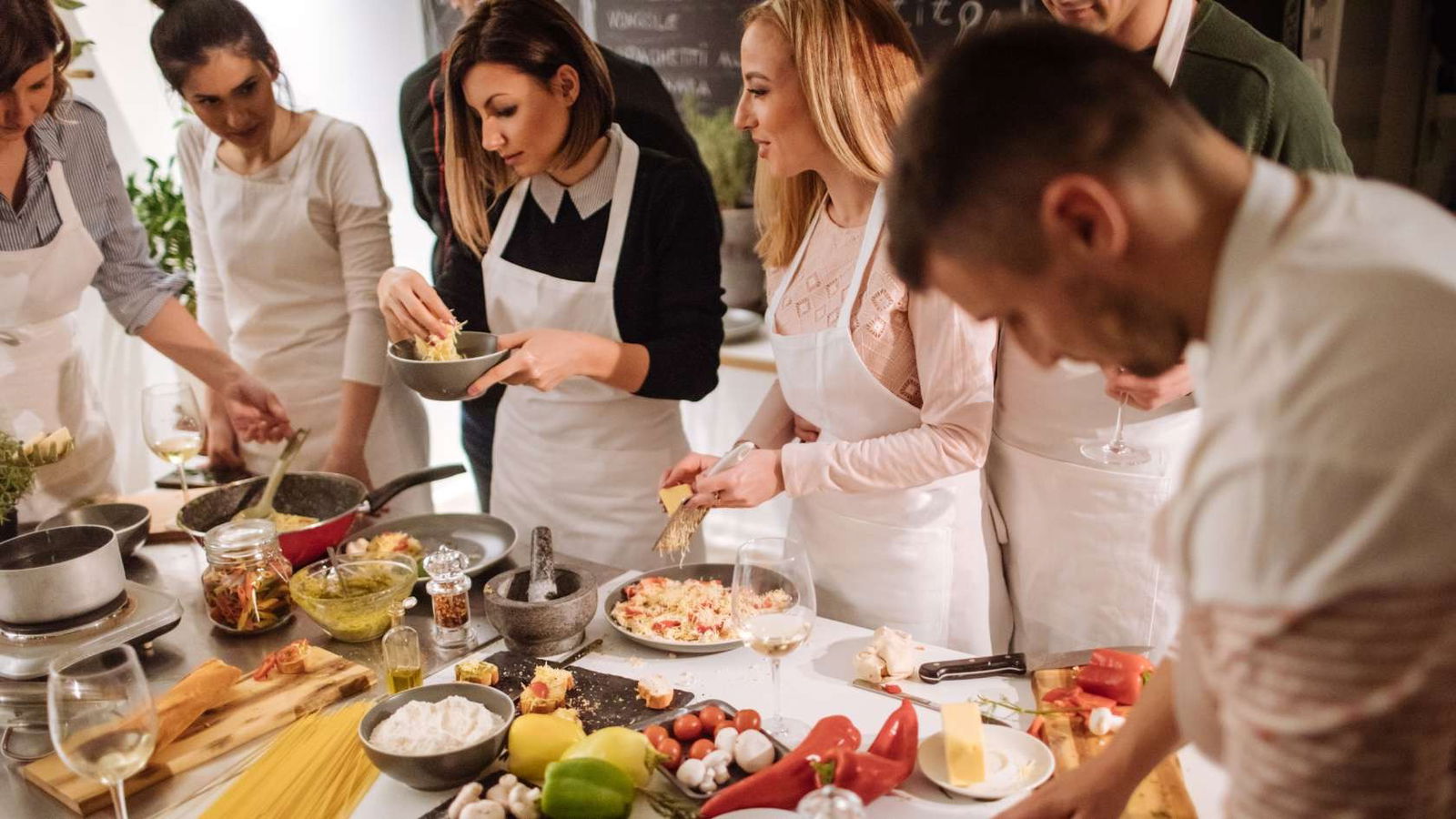
Then the texts started.
“Your café is adorable!” Emma wrote. Blocked.
Noah messaged: “So, you’re rich now?” Ignored.
Liam called. “I didn’t know what you were going through,” he said. “We were just kids.”
“You were old enough to know better,” I replied. “And now? What do you want—money? A piece of my coffee shop?”
Silence.
“Are you happy?” he finally asked.
“I’m learning to be. Without you.”
One weekend, Grandpa gave me a letter he’d found while packing—my mom’s handwriting.
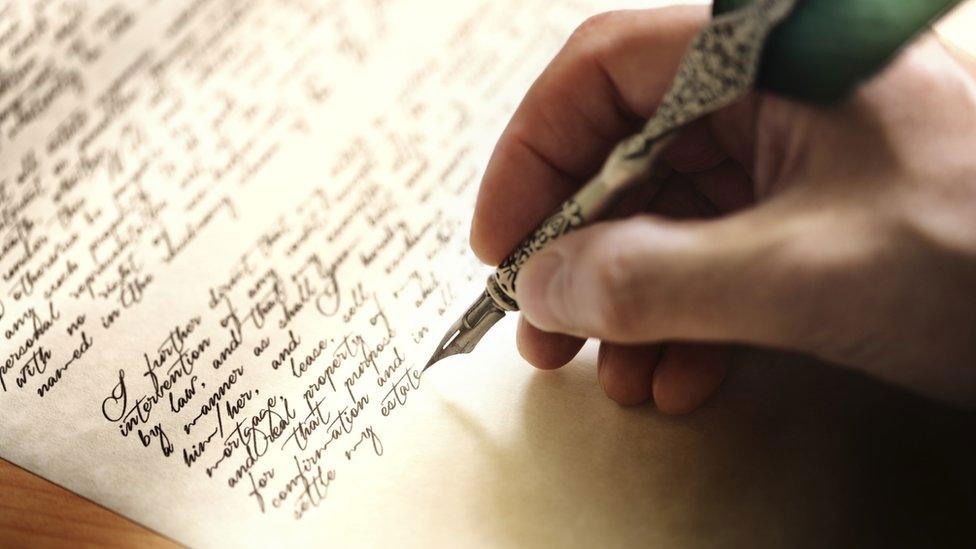
“Dad, we’re thrilled to bring Ivy home. We know it won’t be easy, but we already love her. We hope she always knows she was chosen with love.”
Tears slipped down my cheek.
“I think they meant it,” I said. “At the start.”
“They just didn’t know how to protect you,” Grandpa replied.
“But you did.”
That night, I baked shortbread, lit a candle for Margot, and read one of her journals. I felt her there—in the words, the warmth, the scent of vanilla and sugar.
I never returned to Deborah’s house. Never needed to.
Because I wasn’t the one left behind anymore. I was someone who outgrew cruelty, chose peace, and stopped waiting to be chosen.
I chose myself.





